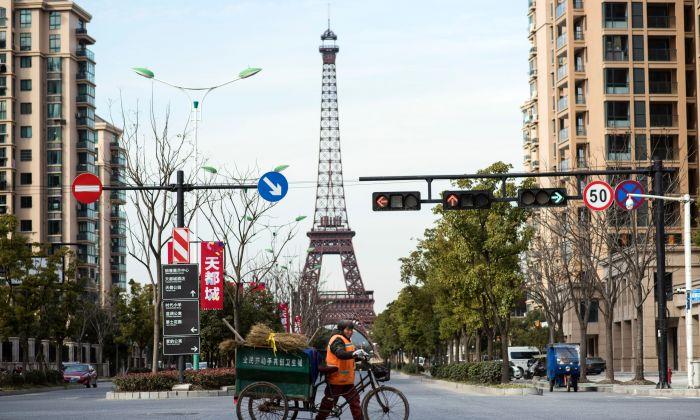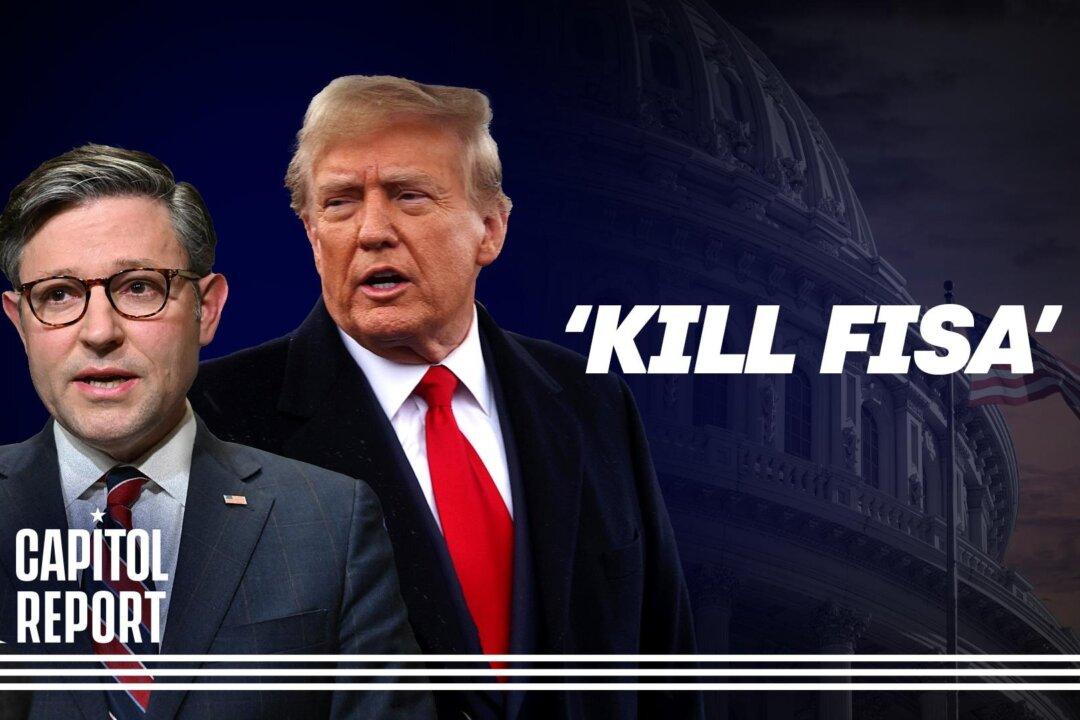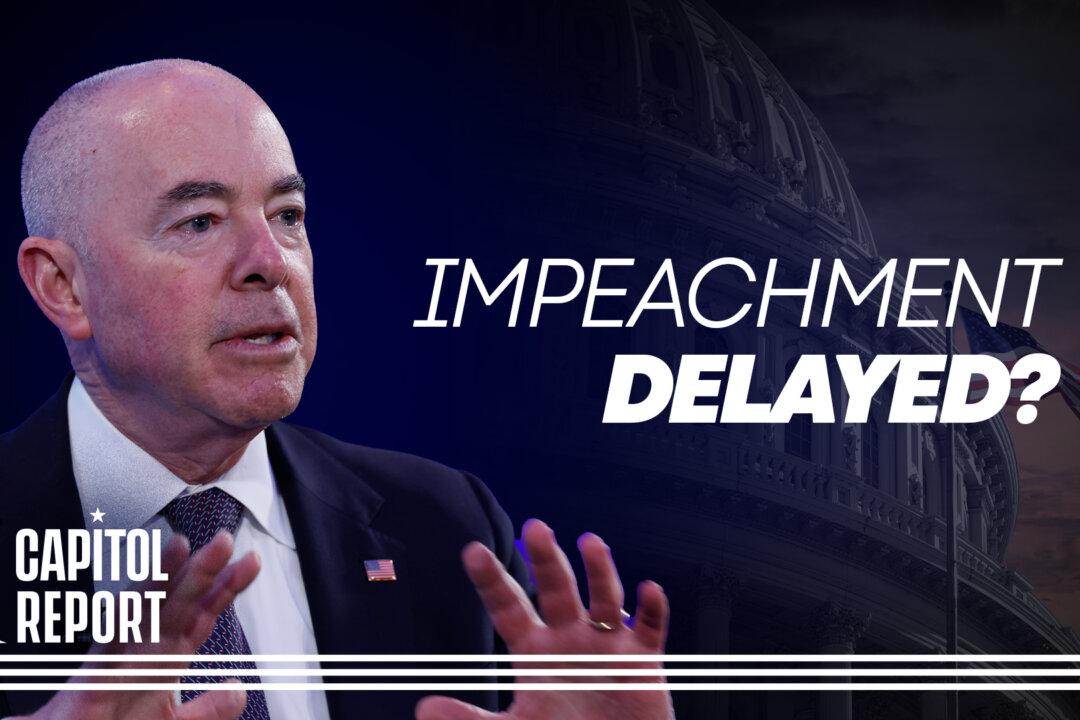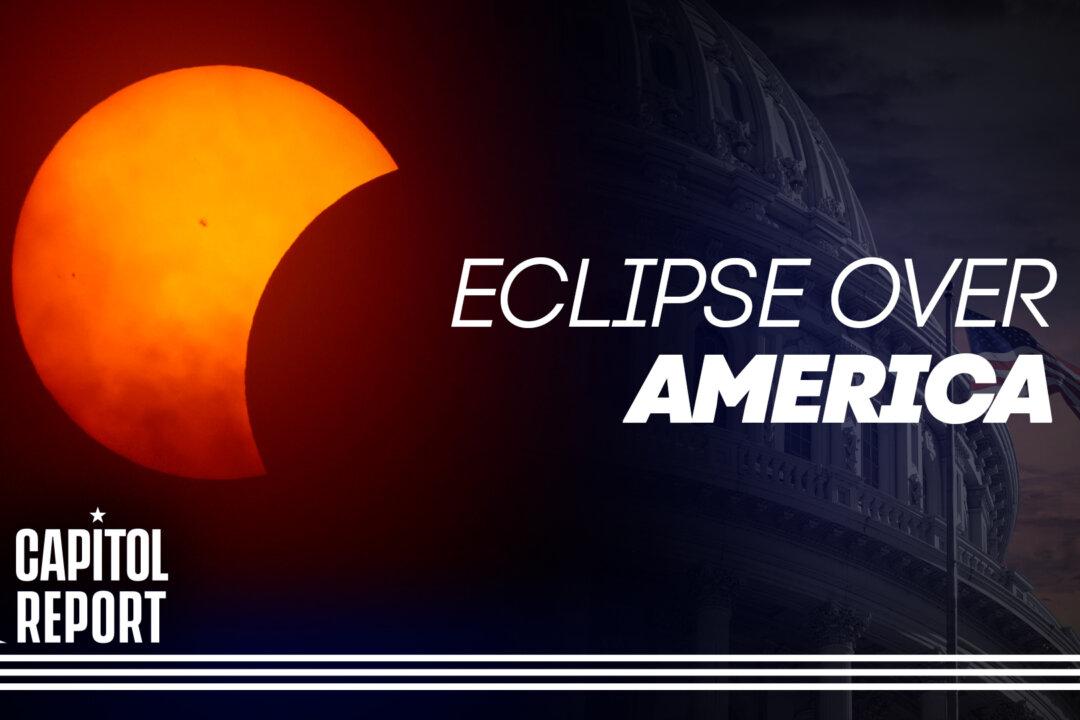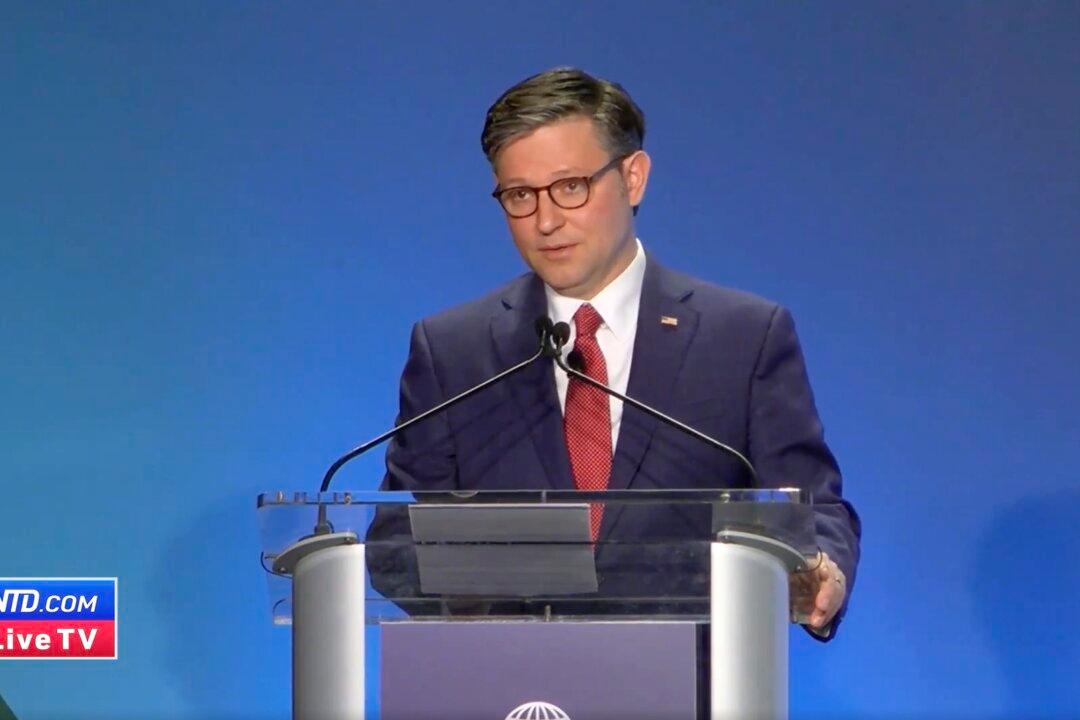The Chinese regime has begun another campaign to tighten its ideological grip on society, this time cracking down on buildings, streets, and roads across the country that have “big, foreign, or weird” names, for “undermining nationalistic culture.”
The campaign’s goal is to “facilitate social governance” and “allow socialist culture with Chinese characteristics to prosper,” as stated in a December 2018 document issued by Beijing.
After major Chinese cities compiled a list of residential areas, building complexes, and streets that sound like they are “worshipping foreign things; bizarre and weird; overexaggerated; or imbued with feudalistic colors,” authorities are mandating that those entities change their names.
City governments in highly populated provinces including Guangdong, Shaanxi, Sichuan, Fujian, and Zhejiang have all taken related measures to comply with the campaign, according to Chinese media.
Places with names like “Paris Building,” “Olympic Garden,” “Manhattan Plaza,” “Harvard Mansion Neighborhood,” and “Royal Knights Hotel” were called out in local government notices. Chinese developers often use foreign words to name their projects, in order to make them sound “internationalized” and upscale.
Mentions of words such as “universe,” “world,” “America,” and “Europe” should also be forbidden because they sound “too big” and “cause hierarchical chaos,” according to Beijing’s edict to local governments. Titles related to the ancient Chinese dynastic period, such as “imperial,” “emperor,” and “royal court” are banned for “carrying strong feudalistic colors.”
The Beijing announcement instructed local authorities to “standardize” the “irregular names” by the end of this month, and to update maps and public signs by the end of September.
In Xi’an, the capital of China’s Shaanxi Province, a total of 151 buildings and neighborhoods were on the government’s list to undergo a renaming process, according to official documents published by Chinese media.
The city is also forbidding names with mentions of Chinese Communist Party leaders or “particular political overtones,” according to the Xi’an authorities’ announcement.
In Hainan Province, an island off the coast of southern China, 84 locations were called out in a June 12 public notice for “inappropriate names,” mostly related to “blindly worshipping foreign things.”
There has been some pushback from Chinese companies. Vienna Hotel Management, which operates 15 namesake hotels in Hainan, wrote in a June 18 statement that it upholds the legitimacy of its allegedly “inappropriate” name, citing trademark protection. It added that it has submitted a complaint with the local Civil Affairs Department to appeal the renaming requirement.
Such large-scale changes of location names are expected to be costly, as maps, official seals, and public signboards will all need to be either modified or remade. Local residents, who have been familiar with the building and street names for years, might also find the changes inconvenient.
